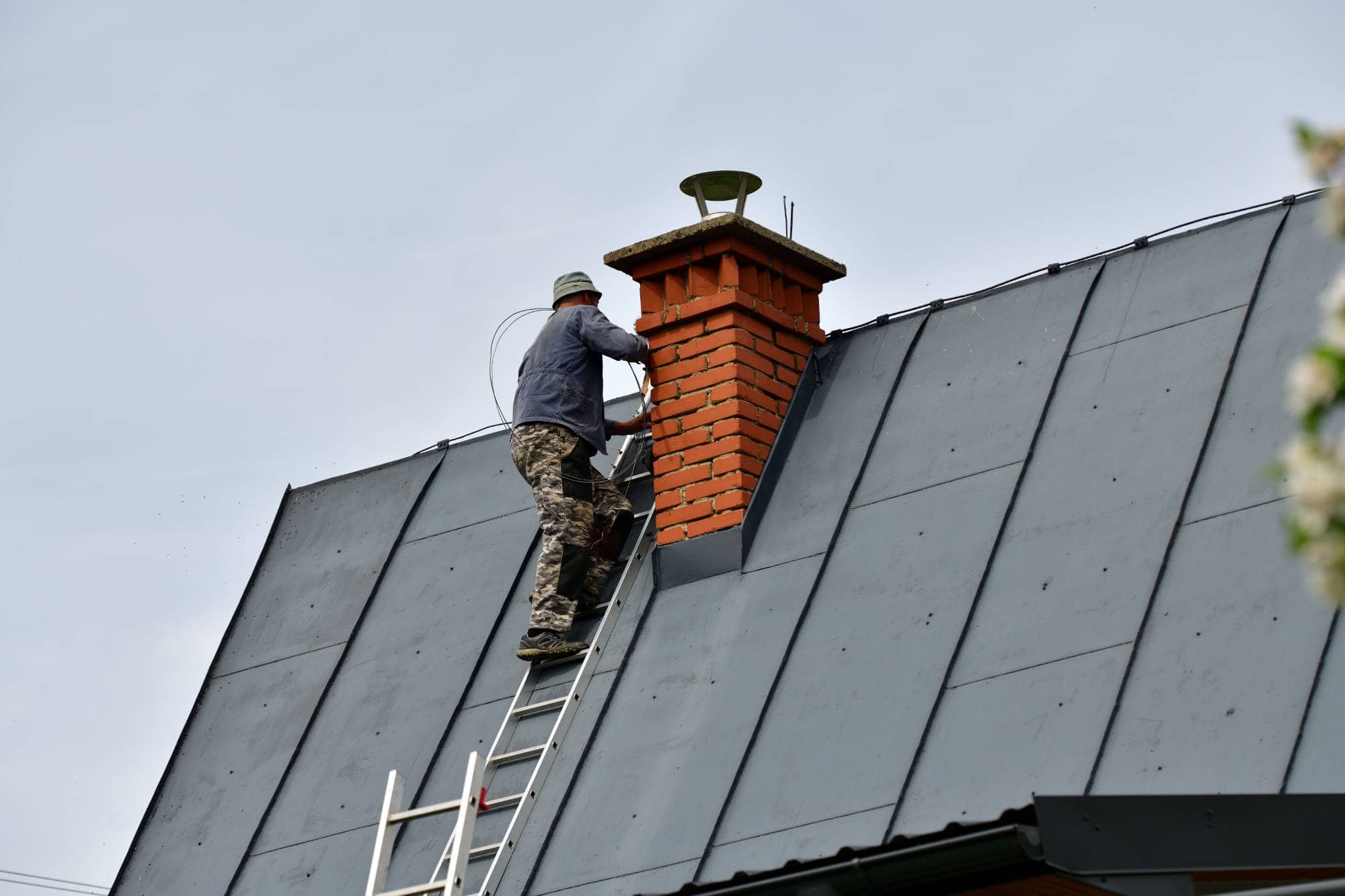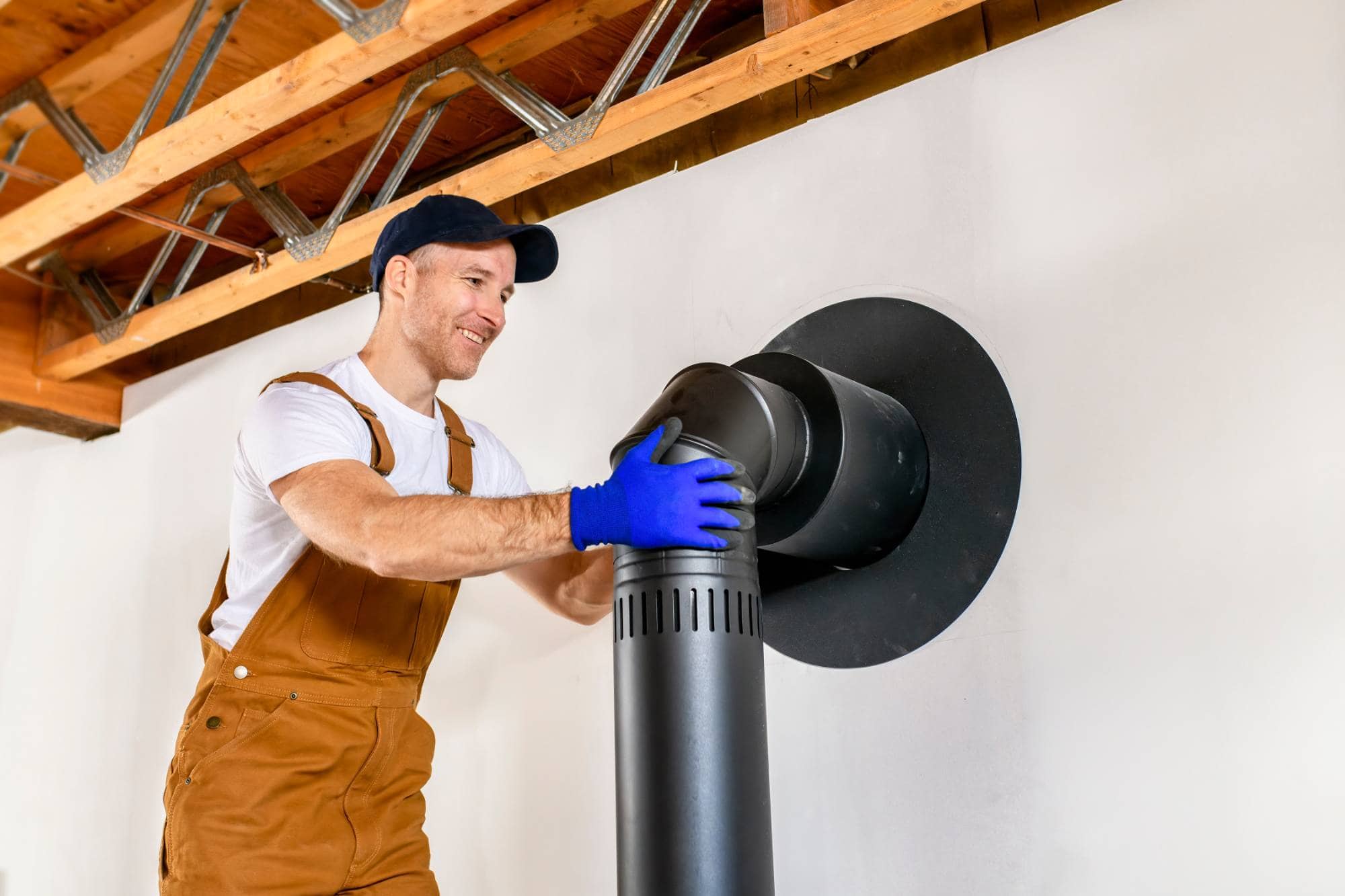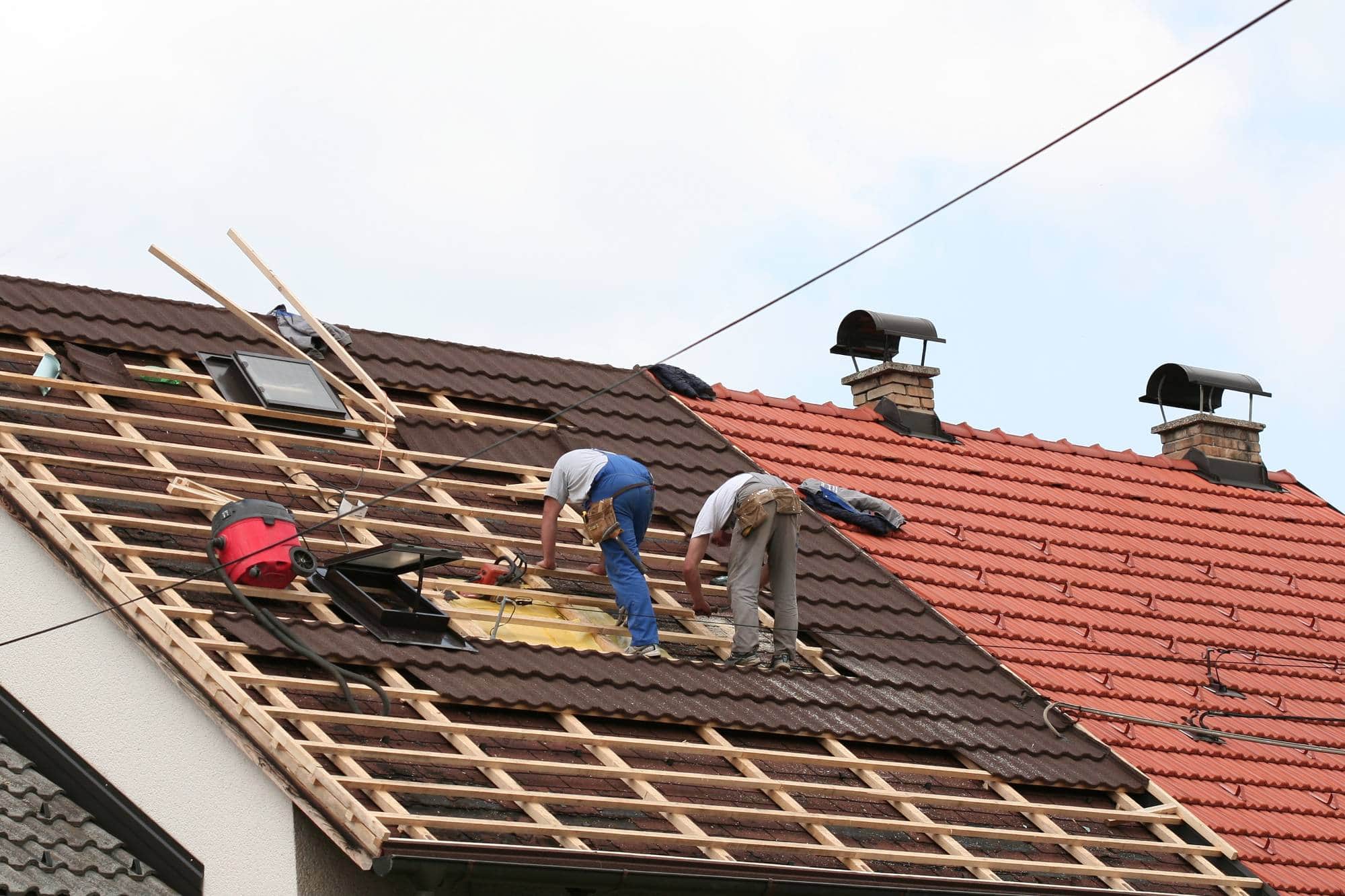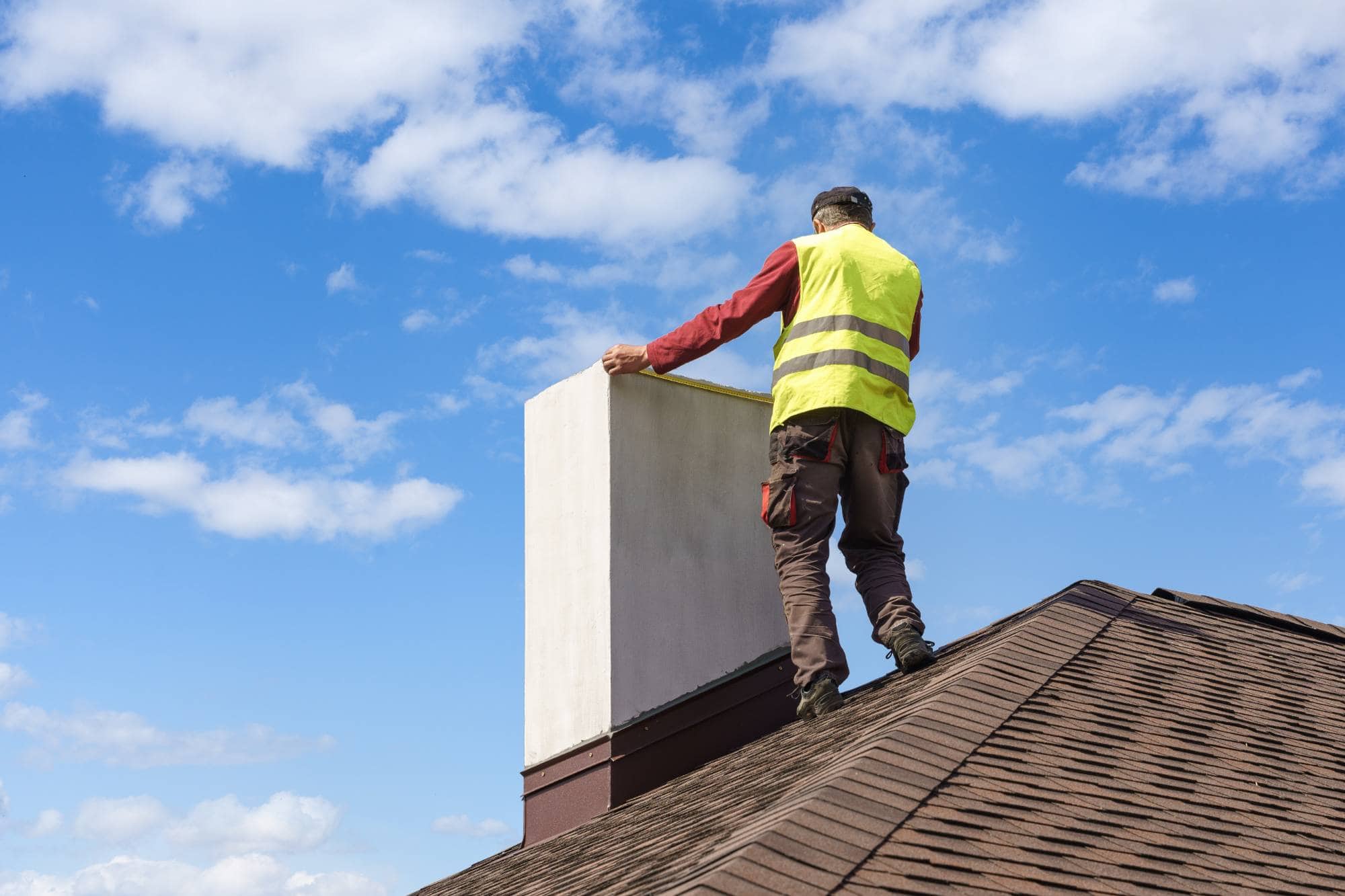Professional chimney construction that meets Rhode Island building codes and stands the test of time in Union Village’s historic neighborhoods.

Hear from Our Customers

You get a chimney that works properly from day one. No callbacks for structural issues or code violations. No headaches with permits or inspections.
Your new chimney handles everything Rhode Island weather throws at it. The masonry work matches your home’s character, whether you’re in one of Union Village’s Federal-style houses or a newer construction.
You’re dealing with contractors who understand Providence County’s building requirements inside and out. We handle the permits, the inspections, and the details so you don’t have to.
Above and Beyond Chimney has been building chimneys in Rhode Island and Massachusetts since the late 1990s. We know Union Village’s historic district and understand how coastal moisture affects masonry work in Providence County.
We’re licensed chimney contractors who handle everything from simple residential builds to complex historic restorations. We’re not the cheapest option in town, and that’s intentional. You’re paying for proper materials, code-compliant construction, and work that won’t need major repairs in five years.
Every chimney we build comes with proper permits and passes inspection the first time. No shortcuts, no surprises.

First, we assess your property and discuss your needs. Foundation requirements, height specifications, and material choices all get planned out before we touch a shovel.
Next comes the permit process. Rhode Island requires specific documentation for chimney construction, and we handle all of that paperwork. No waiting around wondering if you’re compliant.
Construction starts with the foundation and works up. Each stage gets inspected according to state requirements. The masonry work, flue installation, and final crown all meet or exceed Rhode Island building codes.
You get a final inspection and certificate of compliance when we’re done. Your chimney is ready to use safely for decades.

Ready to get started?
Every chimney build includes proper foundation work, code-compliant masonry construction, and professional flue installation. We use materials designed for Rhode Island’s climate – brick and mortar that handle freeze-thaw cycles without cracking.
Union Village’s location near the Massachusetts border means we’re familiar with both states’ requirements. Your chimney gets built to handle everything from nor’easters to summer humidity.
All permit applications, inspections, and compliance documentation are part of the service. You’re not dealing with multiple contractors or wondering if something was missed. We handle the entire process from start to finish.
The final result is a chimney that draws properly, meets all safety codes, and complements your home’s architecture. Whether you’re restoring a Federal-style house or building new construction, the masonry work matches the character of Union Village’s historic district.
